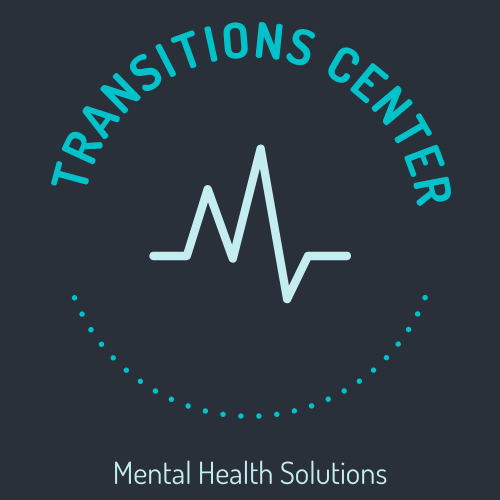Mental health is an important factor in our lives. It contributes to how we feel physically, emotionally, and mentally. Yet, despite its importance, mental health is often disregarded. Today, I’ll be discussing some factors that can lead to poor mental health. Keep in mind that everyone’s experience with mental health is unique, so what might apply to one person may not necessarily apply to another. If you’re experiencing poor mental health, please don’t hesitate to reach out for help. You are not alone.
Factors That Can Lead To Poor Mental Health
1. Chronic sleep insufficiency can lead to a number of health problems, such as: cardiovascular disease, obesity, diabetes, and depression. Unfortunately, untreated sleep issues can also exacerbate existing mental health conditions like anxiety and post-traumatic stress disorder (PTSD). When you don’t get the recommended amount of sleep every night, it throws off your circadian rhythm (also known as your internal clock), which regulates things like mood, energy levels, appetite and metabolism. This can lead to reduced self-control and concentration; impaired problem solving skills; reduced ability to function in social or work settings; increased irritability and moodiness; fatigue; unhealthy food choices and weight gain; and will even increase your risk for substance abuse.
2. Drug and substance abuse. Now drugs aren’t inherently bad; they serve different purposes for different people in the right context. But what we need to remember is that how we use them—and what happens when we misuse them—can have lasting effects on our lives.
Drugs and substances alter your chemical balance in the brain causing you to feel good for a short period of time rather than crash after becoming dependent and less responsive to the drug. Both short and long-term use of drugs can lead to mental health problems like depression, anxiety, psychosis, personality changes, poor decision making skills, suicidal thoughts, psychotic tendencies, delusions and hallucinations. In some cases substance abuse can also be a form of self-medication for existing mental health conditions.
3. Personal relationships. Family or intimate partner relationships can trigger or worsen existing mental illnesses while friendships help promote recovery from those same conditions. Some ways that you can improve your personal relationships are by: staying connected with friends and family members through phone calls/text messages/social media; learning how to regulate your emotions when interacting with others; being open about your struggles; and finding “self-soothing” activities that bring you joy.
4. Financial situation. People often say money doesn’t buy happiness, but I’m sure most will agree it certainly helps. Financial problems can cause severe stress on families and individuals alike. Some ways to improve your financial situation are by: sticking to a budget; prioritizing bills according to their importance; managing personal debts; living within your means; taking opportunities for education or job training if necessary; learning how to manage credit wisely—paying off loans as quickly as possible (for more information visit this link ); and staying up-to-date on your accounts.
5. Stress. As we’ve already talked about, stress can be a physical symptom of depression or anxiety, but it can also have other effects on our lives when it’s not being managed properly. Stress actually changes the way your brain processes information by impairing memory, attention span and problem solving skills. In some cases it may trigger obsessive-compulsive disorder (OCD), eating disorders or compulsive behaviors like gambling or shopping.
It is important to understand the factors that contribute to poor mental health. When we are able to identify these issues, we can better support those who struggle with them and work towards a happier future for everyone. If you or someone you love may be struggling due to depression, anxiety, addiction or other mental illness please contact us today. We have been helping people from all walks of life overcome their obstacles for years!
About the Authors
Transitions Center for Natural Mental Health Treatments for a variety of physical and mental dependency issues and conditions. Substance use disorders are difficult to understand for many people. The physical and mental aspects of any substance disorder are complicated and unique to the individual suffering. The differences between physical and psychological dependency vary but have some similarities. Transitions Center for Natural Mental Health Treatments help the public know what to look for as a means of helping a loved one cope with the challenges of mental health disorders.
We know you have more questions and with Mary Jane’s CBD Dispensary’s help we are able to provide the best information on this topic. MJCBD is the cbd oil online in Texas. Mary Jane’s CBD Dispensary is a home to America’s favorite and most talked about natural remedy, cannabinol. Mary Jane’s offers customers with top-notch quality made CBD Hemp products as an alternative to harmful pharmaceutical drugs. Their team is extremely passionate about the cannabis movement as a whole which includes making CBD accessible to all that seek it. Get in touch today by visiting their website!

